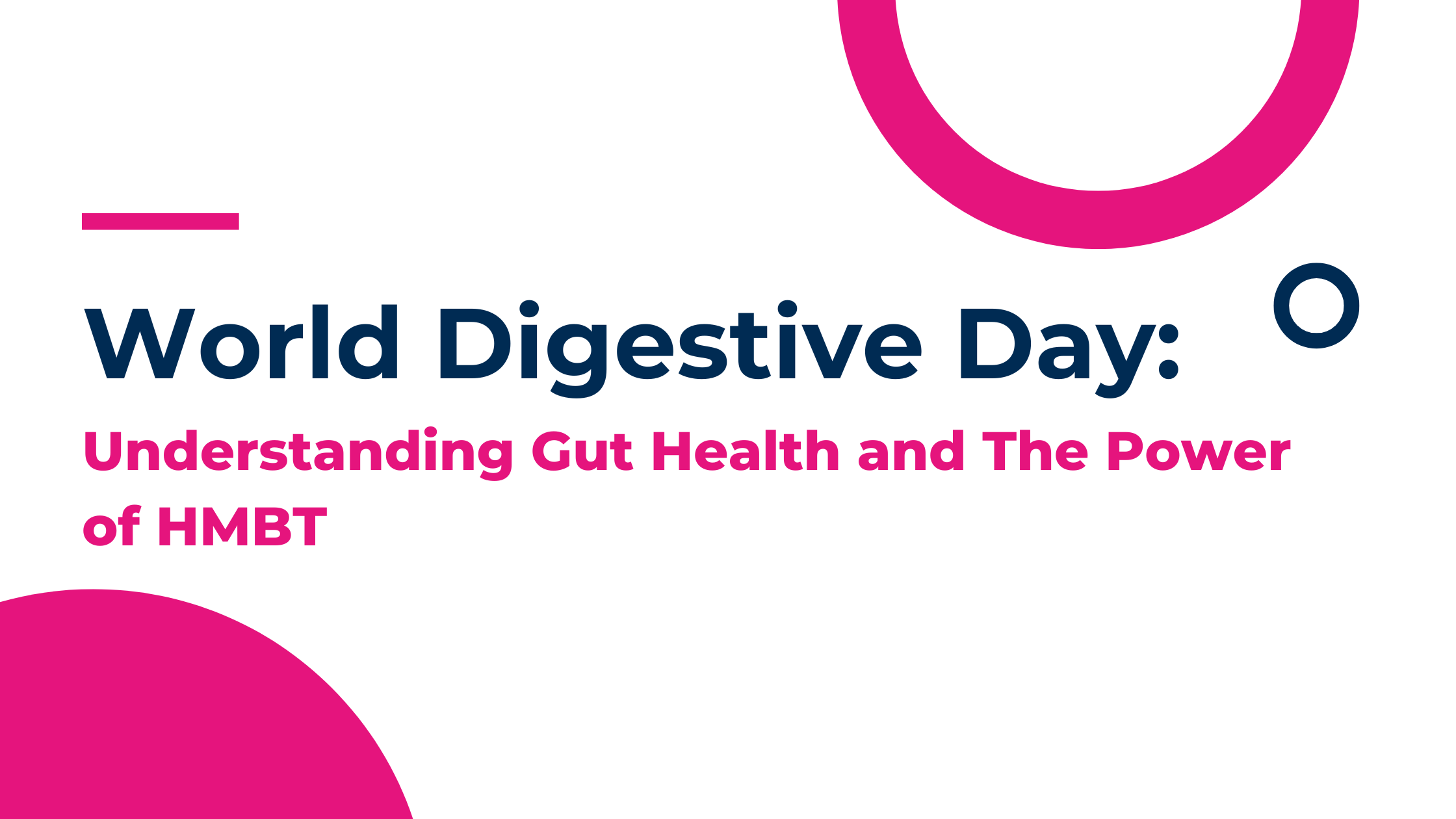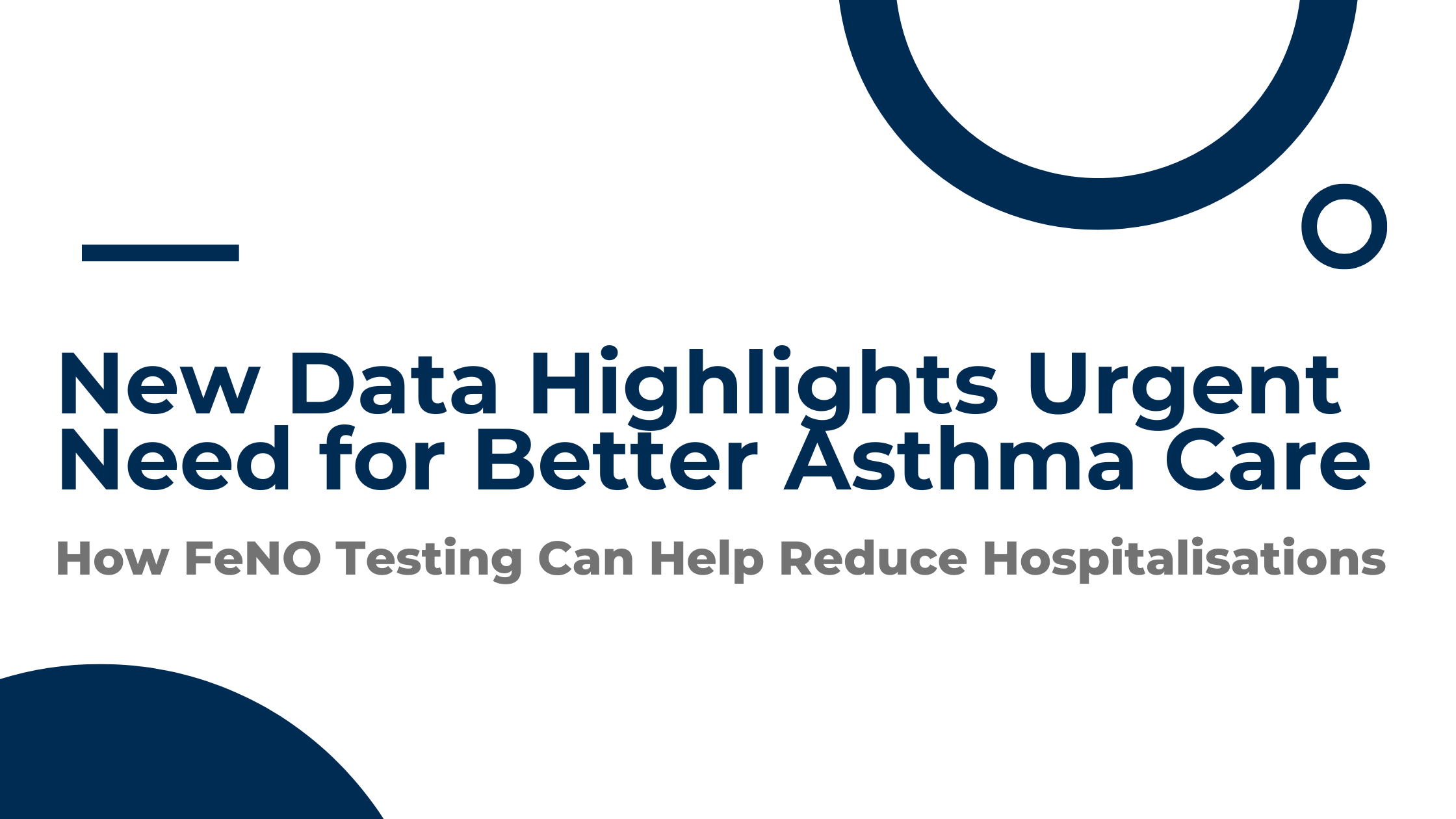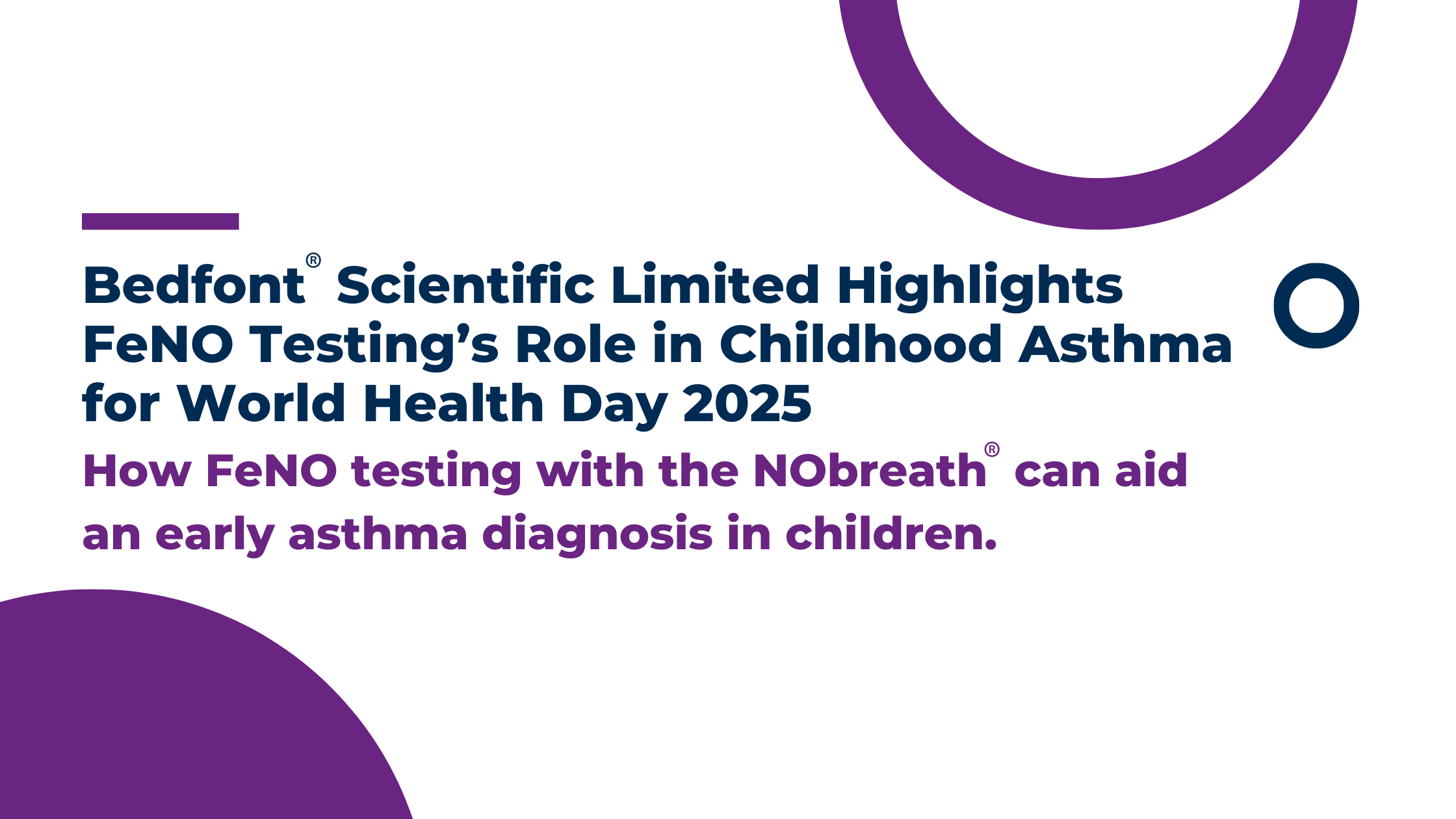HMBT World Digestive Health Day (WDHD) is observed annually on May 29 . Established in 2004, the day commemorates the founding of the World Gastroenterology Organization (WGO) in 1958.WDHD aims to raise global awareness about the prevention, prevalence, diagnosis, management, and treatment of digestive disorders.
The theme for 2025 is Your Digestive Health: Nourish to Flourish . In this blog, we will explore the importance of digestive health, how Hydrogen-Methane Breath Testing (HMBT) can help, and why it’s an innovative tool for aiding in the diagnosis of gastrointestinal (GI) disorders.
Why is gut health important?
The gut is responsible for breaking down and absorbing nutrients from the foods you eat. The nutrients absorbed help support the body’s functions2. Poor gut health can have a significant impact on everyday life, presenting symptoms such as:
- Persistent bloating and gas3,
- Irregular bowel movements3,
- Skin issues3,
- Chronic fatigue and low energy levels3.
Maintaining good gut health has many benefits, from a stronger immune system to improved mental health2.
Factors like diet, stress, medication, and infections can negatively affect digestion, leading to GI disorders such as Small Intestinal Bacterial Overgrowth (SIBO) and carbohydrate malabsorption.
SIBO4
SIBO is a condition where there are higher numbers of bacteria than usual in the small intestine, and this can cause the following symptoms
- Loss of appetite,
- Nausea,
- Diarrhoea,
- Malnutrition.

The symptoms of SIBO are very similar to those of irritable bowel syndrome (IBS).
Carbohydrate Malabsorption5
Carbohydrate Malabsorption occurs when the body has difficulty digesting and absorbing certain carbohydrates in the small intestine. This leads to the fermentation of undigested carbohydrates in the colon, which can cause gas, bloating, diarrhoea, and discomfort.
There are different types of carbohydrate malabsorption, these are:
- Lactose Malabsorption (Lactose Intolerance),
- Fructose Malabsorption,
- Sucrose Malabsorption (Sucrose Intolerance),
- FODMAP Sensitivities.


The Role of HMBT in Gut Health
HMBT is a non-invasive diagnostic tool for detecting conditions like SIBO and carbohydrate malabsorption. The test works by measuring the levels of hydrogen and methane gas on exhaled breath after consuming specific sugars.
Introducing the Gastroylzer® Range
The Gastrolyzer® is a range of HMBT breath analysis devices that aid the diagnosis of various GI disorders.
- The Gastro+™ is a handheld and portable hydrogen device for quick and easy breath analysis. Measuring hydrogen (H2) in parts per million (ppm).
- The GastroCH4ECK® is the only breath H2 and methane (CH4) device with direct breath testing, allowing you to take a reading there and then with instant results. Measuring H2 and CH4 in ppm.

How HMBT Works
It’s easy to take a HMBT. Depending on the condition being investigated, the patient consumes a test solution containing either glucose, lactulose, or lactose. Breath samples are then collected at regular intervals, and hydrogen and methane gases are measured. It is also possible to test remotely with the GastroCH4ECK® Gastrolyzer® using breath bags.
Benefits of Using HMBT for Gut Health
Studies have found that over 40% of the world’s population experience Functional Gastrointestinal Disorders (FGIDs)6. The symptoms can significantly impact a person’s life, and knowing the resources available to help is important. A HMBT can provide clarity and guide personalised treatment options. Some key benefits include:
- Non-invasive and safe.
- Quick and reliable results.
- Supports personalised gut health strategies.

Nourish Your Gut
Supporting a healthy gut starts with giving it the right fuel for a balanced gut microbiome. The following habits can help to promote better gut health:
- Eat more fibre7.
- Limit processed foods and sugars7.
- Stay hydrated7.
- Exercise7.
- Manage stress7.
Gut health is crucial to overall health. By prioritising digestion, eating a balanced diet rich in fibre, staying hydrated and managing stress, you can support your microbiome and enhance digestive function. This World Digestive Health Day, take the opportunity to listen to your gut and make choices that support a healthier you. For more information on how to take control of your digestive health, read our article ‘Taking Control of your digestive health – Importance of not self-diagnosing’ or visit gastrolyzer.com for more information on hydrogen-methane breath testing.
References
- WDHD [Internet]. wdhd.worldgastroenterology.org. [Cited 2025 Mar 24]. Available from: https://wdhd.worldgastroenterology.org/
- Department of Health & Human Services. Gut health [Internet]. www.betterhealth.vic.gov.au. 2023. [Cited 2025 Mar 13]. Available from: https://www.betterhealth.vic.gov.au/health/healthyliving/gut-health
- Graham D. Why Your Gut Health Matters More Than You Think | Ferrocalm [Internet]. Ferrocalm. 2025 [cited 2025 Mar 13]. Available from: https://ferrocalm.com/why-your-gut-health-matters-more-than-you-think/
- Jamie Eske . What to know about SIBO and its treatment [Internet]. Medicalnewstoday.com. Medical News Today; 2019 [cited 2025 Apr 3]. Available from: https://www.medicalnewstoday.com/articles/324475#symptoms
- Peter Born. Carbohydrate malabsorption in patients with non-specific abdominal complaints. World Journal of Gastroenterology : WJG [Internet]. 2007 Nov 21;13(43):5687–91. Available from: https://www.ncbi.nlm.nih.gov/pmc/articles/PMC4171253/
- Sperber AD, Bangdiwala SI, Drossman DA, Ghoshal UC, Simren M, Tack J, et al. Worldwide Prevalence and Burden of Functional Gastrointestinal Disorders, Results of Rome Foundation Global Study. Gastroenterology. 2020 Apr;160(1). [Internet]. [Cited 2025 Mar 13]. Available from: https://www.gastrojournal.org/article/S0016-5085(20)30487-X/fulltext
- Services D of H & H. Gut health [Internet]. www.betterhealth.vic.gov.au. [Cited 2025 Mar 13]. Available from: https://www.betterhealth.vic.gov.au/health/healthyliving/gut-health#how-to-improve-your-gut-health





